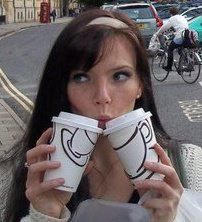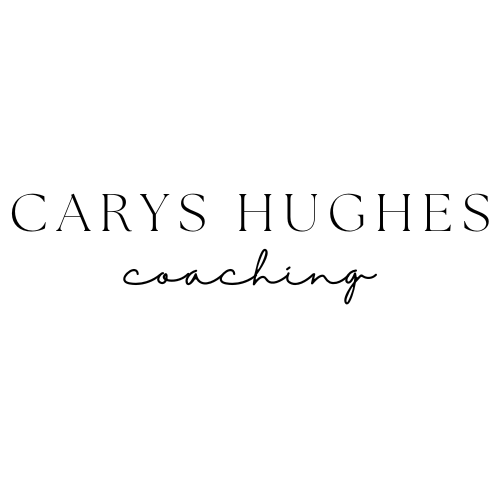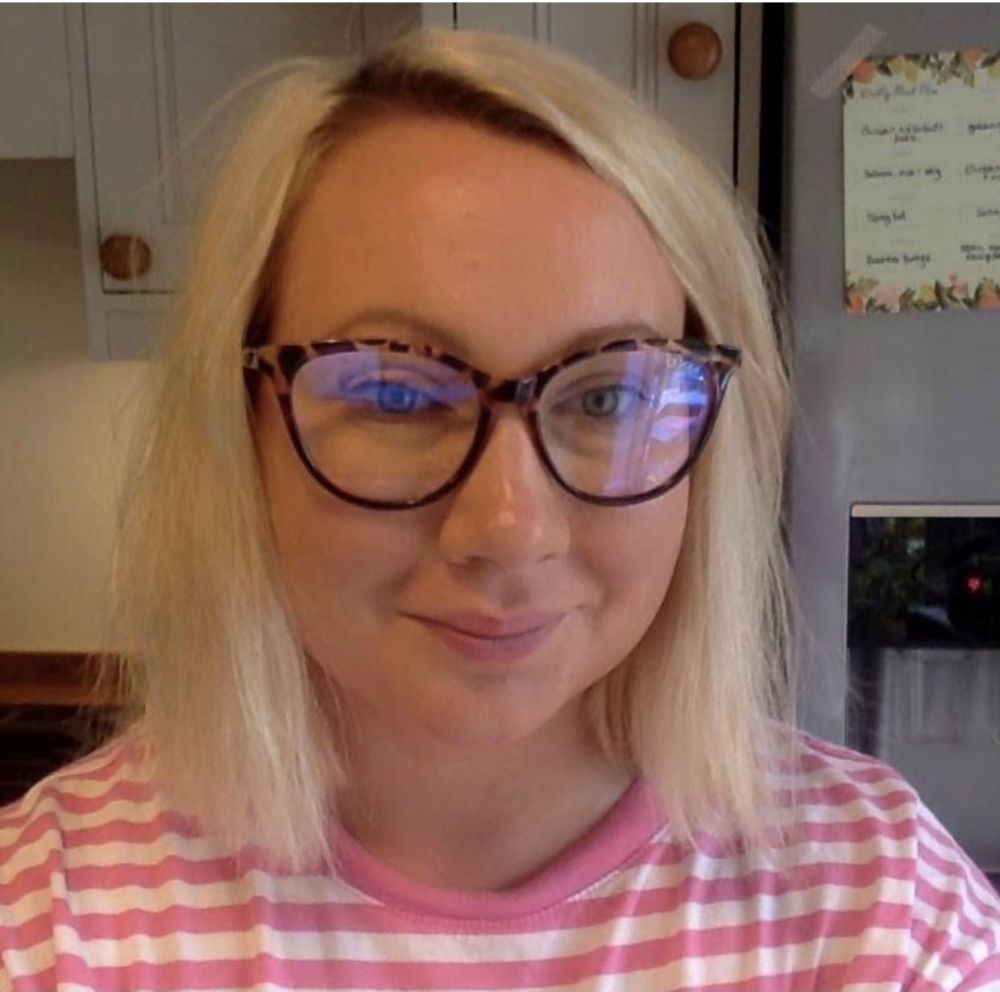From Personal Training to NHS Dietitian
Posted on
"Time will pass anyway- how often have we looked back and thought “wow, I can’t believe that was 3 years ago already”? Wouldn’t it be great to look back and think "I’m glad I used those 3 years how I did?"

I think it's pretty clear to see how much Lindsay loves her job as a Clinical Lead Dietitian in the NHS! A few of my absolute favourite things about Lindsay's story are 1) you don't know what you don't know - she thought she'd "missed the uni boat" until someone told her it's never too late to go to uni - which is exactly what happened in my case too - (so do some digging, don't assume something isn't possible for you!) 2) commitment, determination and passion pay off in big and varying ways, and 3) the perspective of time; as Lindsay says "In the grand scheme of things and in the length of our working life, 1 year or even 5 years is not that long and totally well worth it if it means you can spend xx amount of years doing the job you love :-) "
I love Lindsay's story, it's inspiring, warm, and reminds you of what's possible with the right mindset. And plus she's an old school friend who I haven't seen or spoken to in a long time, so hearing her career journey has felt particularly special! - and further reminds me that Lindsay is right about time - it feels like 100 years and simultaneously about 2 minutes since we were dancing around our primary school classroom! Or rather Lindsay was dancing and I was probably akwardly shuffling!
Tell us a little about yourself – who are you besides the job you do?
My name is Lindsay, I’m 38years old and love fitness, competing in sportive events, travelling and making anything from jewellery, cards, teddies and clothes as gifts.
What do you do now?
I’m an NHS Advanced, clinical lead Dietitian in Adult Diabetes and Weight Management. What that means is I lead our services that support service users to either lose weight or support their diabetes control with diet.
The clinical work we do varies on a day to basis from supporting patients with: dietary counselling and changes, behavioural changes, specific dietary interventions, fatty liver disease, pre and post bariatric (weight loss) surgery, counting carbohydrates, matching carbohydrate and insulin doses, treating high or low blood glucose levels, managing exercise with Diabetes with food, Diabetes related digestion issues (gastroparesis); alongside some other general dietetic topics such as: vitamin/mineral deficiencies, IBS, Crohns disease, colitis, Allergies, intolerances and coeliac disease.
I also have leadership tasks which include supervision, mentoring, and collaborating our service with internal and external teams or organisations.
What do you love about it?
I love the variation I experience. There is never a chance to get bored; it always keeps you on your toes as every patients’ circumstance and health conditions are different and so needs individual considerations or problem solving strategies. I also love that since everybody needs nutrition, it is usually a topic most people are interested about and you have to potential to help.
What did you do before and how did you end up there?
I was a personal trainer and fitness instructor.
Why did you decide to change?
A lot of my clients were asking me about food and nutrition. Although I had completed my nutrition training within my fitness qualifications, I realised my knowledge was limited within the broad scope of nutrition and dietetics.
How did you decide what to do instead?
I learnt that a dietitian is the only regulated profession in the field of nutrition and that also allows them to practice in some areas that others cannot. You have to complete a specified degree and be regulated by the Health Care Professionals Council to ensure you have the knowledge to practice and keep practicing as a Dietitian. All other Nutritional titles are not regulated; someone could do a one day course and someone else do a degree in Nutrition and yet they both could call themselves a nutritionist.
I decided I wanted to open as many doors as I could so I decided to train as a Dietitian.
Where did you start when it came to actually making the change?
I went to the college and asked to speak to a careers consultant to ask them what courses they had that could help me apply for a Dietetics degree
How did you actually make the change? (training, finances, learning etc)
My previous performing Arts B-Tec didn’t support my Dietetics desires so I started a Human Biology A-level at college in the evenings 2 days per week after work. I then learnt to do Dietetics I also needed chemistry and maths (due to the amount of biochemistry I needed to learn), so I enrolled onto an Access course at college and started working part-time. I was able to get a student grant.
I then went to Uni and studied a BSc (Hons) in Dietetics. My course was funded then by the NHS and I was able to get a student grant and loan.
Since completing my degree and registration, because Dietetics has such a huge field of available specialisms, I have returned to Uni 2 more times to complete part-time post graduate degrees in “Healthcare leadership” and “Sports and exercise nutrition”. I am returning again in January 2021 to complete my “Advanced Clinical Practitioner” MSc, which will allow me to practice beyond the scope of a Dietitian.
What were /are the biggest challenges? (internal and external!)
Commitment and discipline to study after work and at weekends!
It took me 5 years in total to get my first degree (2 years at college and 3 years at uni), I fast tracked all of these courses or else it would have taken me 8 years, Fast tracking courses has implications within itself- yes it means you can complete the course faster but it also means you have to work harder and get less break time between terms.
Learning to live on student finances again after working full-time took a little adjustment.
What advice would you give your younger self?
You can enjoy studying! You can do anything you put your mind to!
I initially thought I’d “missed the uni boat” when I didn’t go at 18years old. When I was 22 someone told me it’s never too late to go to uni; I hadn’t really recognised the concept of “mature students” (not that starting uni at the ripe “old” age of 25 is mature in my eyes now).
How has life changed?
I have a higher earning potential than I did before and I enjoy the greater mental stimulation I now get. Working within the NHS has also given me the opportunity to work in different counties and practice with various professions in hospitals and in the community. I find it’s great to work with other professions as I learn snippets of all their training and knowledge which makes everyday feel like a school day.
What do you miss about your previous line of work?
The physical level of work, I’m sitting for the most of my working day now
What hopes do you have for your future?
To keep learning and developing! I didn’t realise how much fun learning is when you really enjoy the topic.
I feel the field I have chosen has endless opportunities and I’m excited about what new opportunities may arise.
I’ve been recognised for my work and thus have been working with some other large national organisations more recently, they deliver training to the public and other health professionals, so I’m looking forward to expanding on that.
I’d like to eventually get round to setting up a part-time freelance business as my current role has lots of scope for developmental changes, it’s not such a priority for me at present.
What advice would you give to anyone looking to find and pursue a career/job they love?
Make the change and don’t worry too much about the time it will take to get there!
Time will pass anyway- how often have we looked back and thought
“wow, I can’t believe that was 3 years ago already”? Wouldn’t it be great to look back and think I’m glad I used those 3 years how I did?
In the grand scheme of things and in the length of our working life, 1 year or even 5 years is not that long and totally well worth it if it means you can spend xx amount of years doing the job you love :-)
What does success mean to you now?
My perception of success has changed. To me success is now having the commitment and discipline to fulfil a goal my mind has set. Fortunately the goals I have set have also had a consequential influence on my financial income. While financial income has never been a goal of success for me, it helps to get rewarded for doing what you’re passionate about.
I love sharing resources! Are there any resources such as books, blogs, podcasts, courses etc that you'd recommend for people figuring out what they want to do for work and/or getting started?

